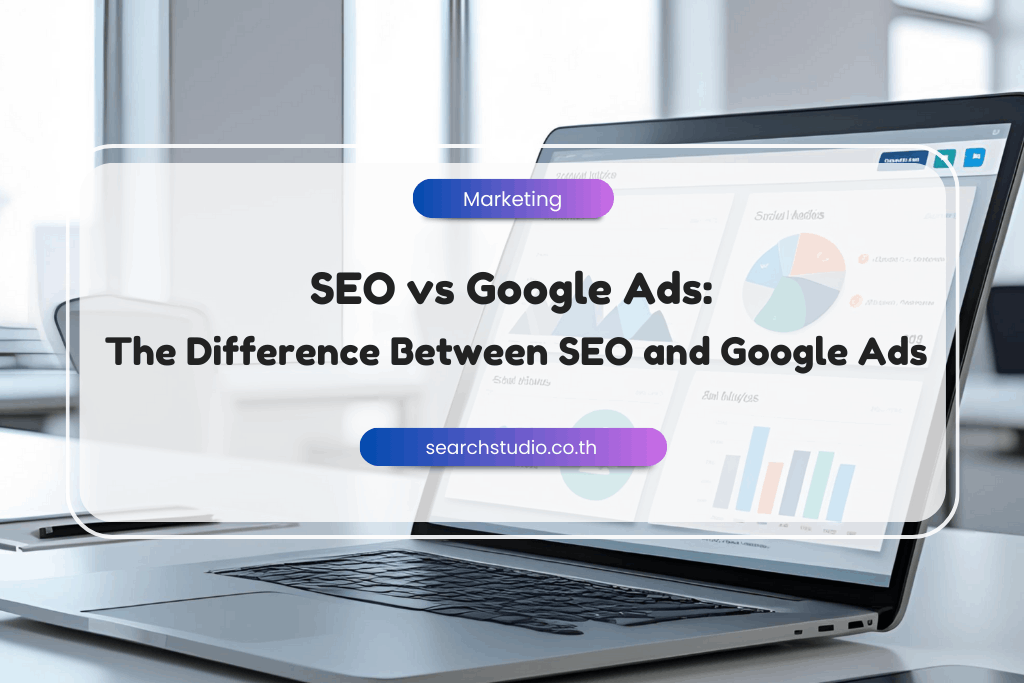Green marketing is becoming popular since environmental sustainability is a primary concern among consumers. According to a new survey done by Futerra of over 1,000 consumers in the US and UK, they found that a very high number (96%) of people feel their own actions, like donating, recycling, or buying goods can make a difference.
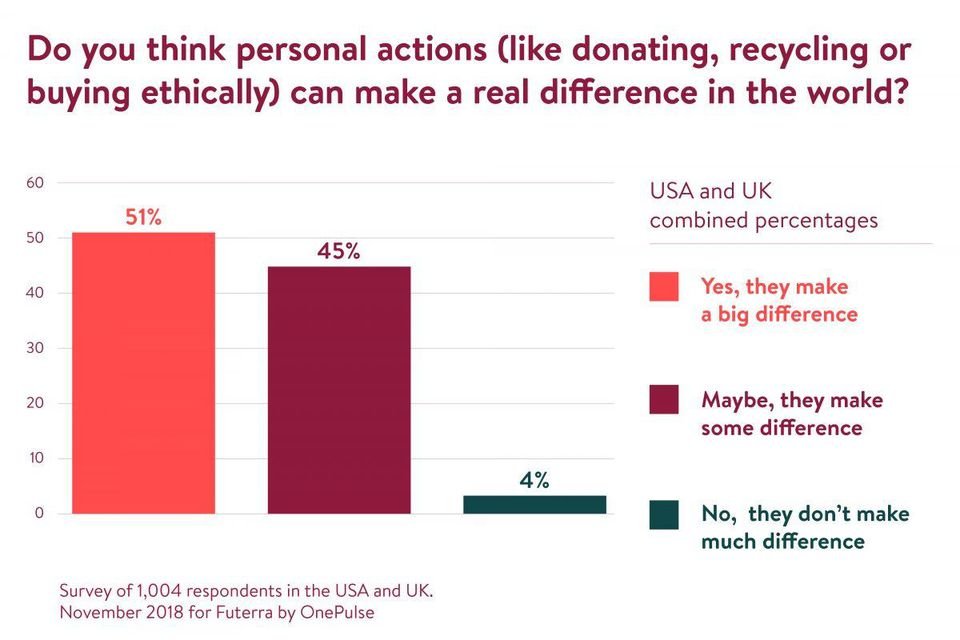
Therefore, companies need to incorporate sustainability strategies in their business. However, corporate social responsibility alone does not achieve a long-term impact. Sustainable development should be firmly rooted in the company’s vision and goals. Besides, businesses that implement environmentally friendly practices have a lot to gain. They attract more customers and manage to keep the expenses low. That is why the needs for green marketing are on the rise. So, what is green marketing, and how can it promote your company’s goals?
Green Marketing Meaning

While many companies claim to practice sustainability, they do not utilise green marketing. This form of marketing requires your products to be eco-friendly or advertise in an eco-friendly way. Therefore, your marketing campaign should highlight the sustainable aspects of the products or services. However, to be able to practice green marketing, your products should be free from toxins, reusable, and recyclable. The production methods should also adhere to eco-friendly guidelines. The packaging and non-green aspects of your company should use resources conservatively. If the company can realign its objectives towards sustainability, then green marketing will be part of the brand and not a means to gain customers.
Importance of Green Marketing
70% of consumers are most interested in hearing about the sustainability impacts of the products they buy.
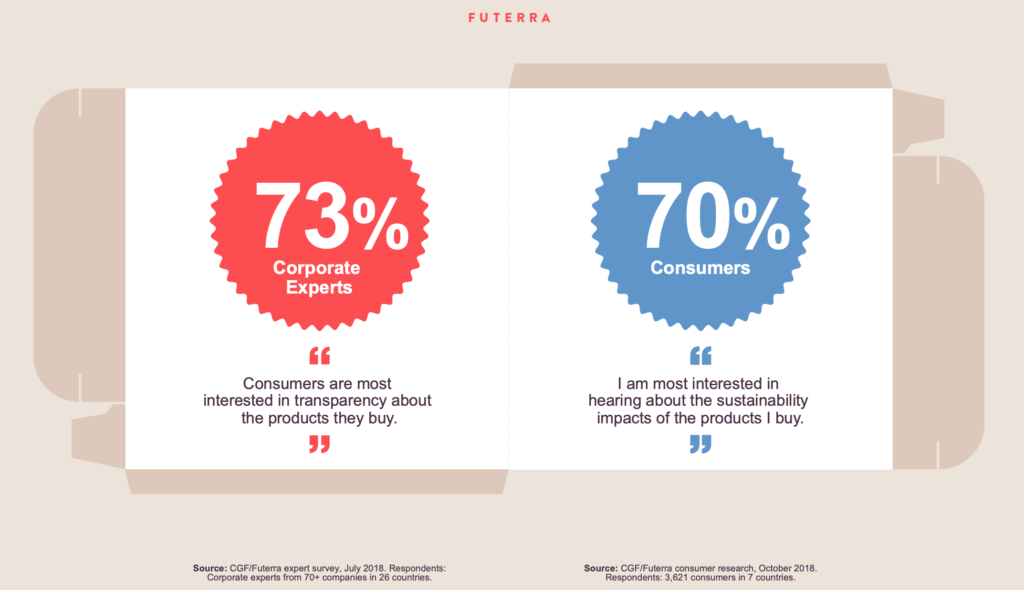
Companies who adopt green marketing strategies enjoy several advantages, including:
- New markets: There are a group of socially conscious consumers who prefer green products. They are even willing to pay more for sustainable products to protect their environment. Paying attention to those customers and tapping into the new market can increase your revenue.
- Brand loyalty: Companies that show commitment to environmental conservation receive a lot of credit from the consumers. Loyalty increases the business market share and income significantly.
- Promoting the image of the company: Environmental sustainability is becoming crucial in many aspects of our lives. Therefore, a company that promotes eco-friendly practices gains trust from the public. It shows the companies commitment to taking care of the environment.
- Reduced expenses: Implementing green marketing is expensive in the short-term. However, after the initial investment, green marketing can lower the costs of the company. The reduction of waste and the use of resources conservatively save the organisation a lot of money.
Impact of Green Marketing
98% of consumers think brands have a responsibility to make a positive change in the world.
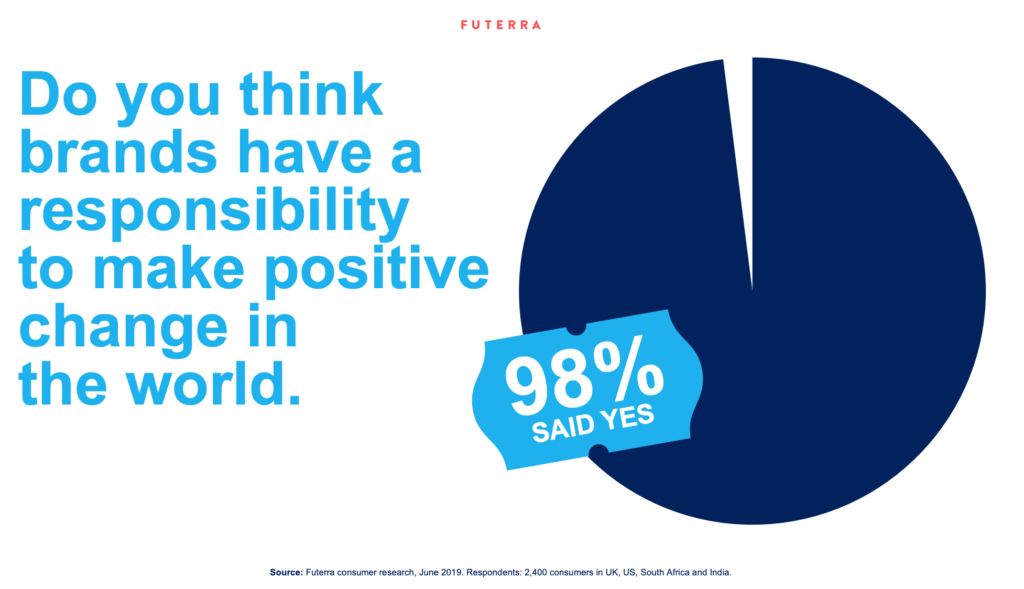
Eco marketing has had a positive influence on people, companies, and the environment. It has encouraged efforts towards environmental conservation. Nowadays, companies are keen on their production methods to ensure pure products. Consumers are also seeking organic products free from toxins. There is a significant reduction in the use of plastic and plastic products. Instead, people are adopting the use of reusable products and sustainable packaging. Recycling efforts are also on the rise due to consumers’ awareness of its benefit to the ecosystem. Therefore, green marketing efforts are bearing fruit in promoting sustainability.
Green Marketing Concepts and Principles

Green marketing needs to be part of the mission and the vision of a company. Business practices should also reaffirm the companies’ commitment to sustainability. The essential concepts and principles in green marketing include:
- Conservation to be part of the organisations’ culture: Green marketing should not be a means to get new customers. Instead, it should stem from a genuine concern for the environment. When eco-friendly initiatives are part of the organisations’ culture, green marketing becomes the next step in a brand evolution.
- Support eco-friendly initiatives: Encouraging sustainable community efforts is a significant part of green marketing. It shows commitment and promotes brand image and goodwill.
- Transparency: If you want sustainability to be part of your brand, then make sure your green goals are public knowledge. Show your commitment to green efforts and provide regular updates on the progress.
- Reduce waste: Organisations that are adopting green marketing need to use resources conservatively.
Four P’s of Green Marketing

- Green product: Organisations should produce green products using environmental-friendly materials. That means the products should contribute to the protection of the environment.
- Green price: The cost of green products may be considerably high and should be communicated transparently.
- Green distribution (place): The distribution channel has an impact on the ecological footprint. The focus is on sustainable packaging and conservation of resources. Therefore, organisations should look for eco-friendly packaging methods and focus on marketing local products as opposed to imported goods.
- Green promotion: The promotion methods should utilise eco-friendly advertising campaigns in marketing the products.
Green Marketing Strategies
88% of consumers would like brands to help them be more environmentally friendly and ethical in their daily life.
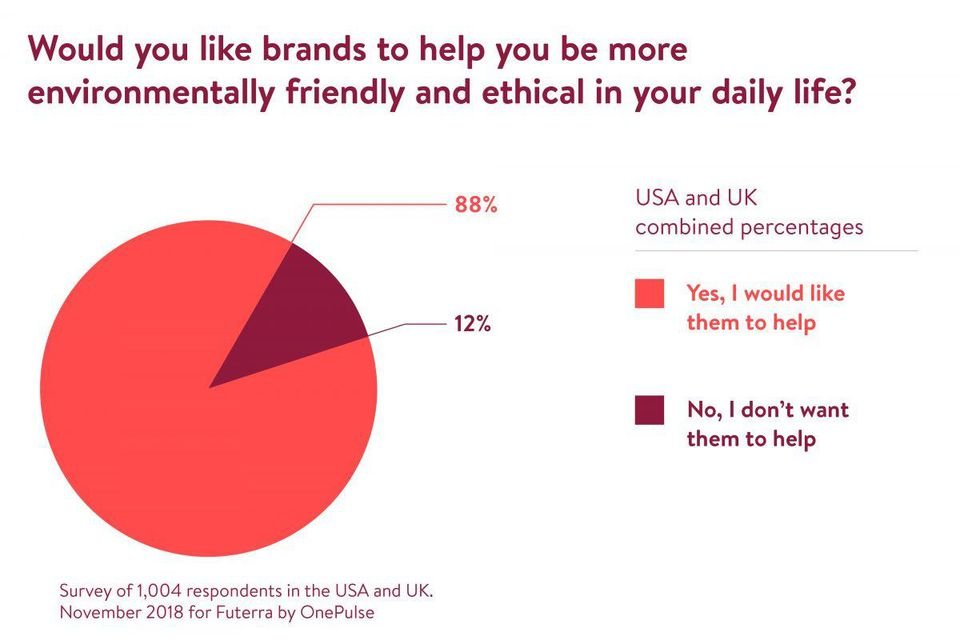
Green marketing accords your company of respect and recognition. So what marketing strategies can you utilise to promote your products? The adoption of green design is very effective. Apart from green design, other strategies include:
- Supporting community efforts in environmental sustainability positions your brand as environmentally conscious.
- Collaborating with green organisations.
- Making environmental conservation the centre of your marketing efforts.
Green marketing can be successful if you are committed to sustainable goals. Increase your sales while reducing your carbon footprint using green marketing strategies.



